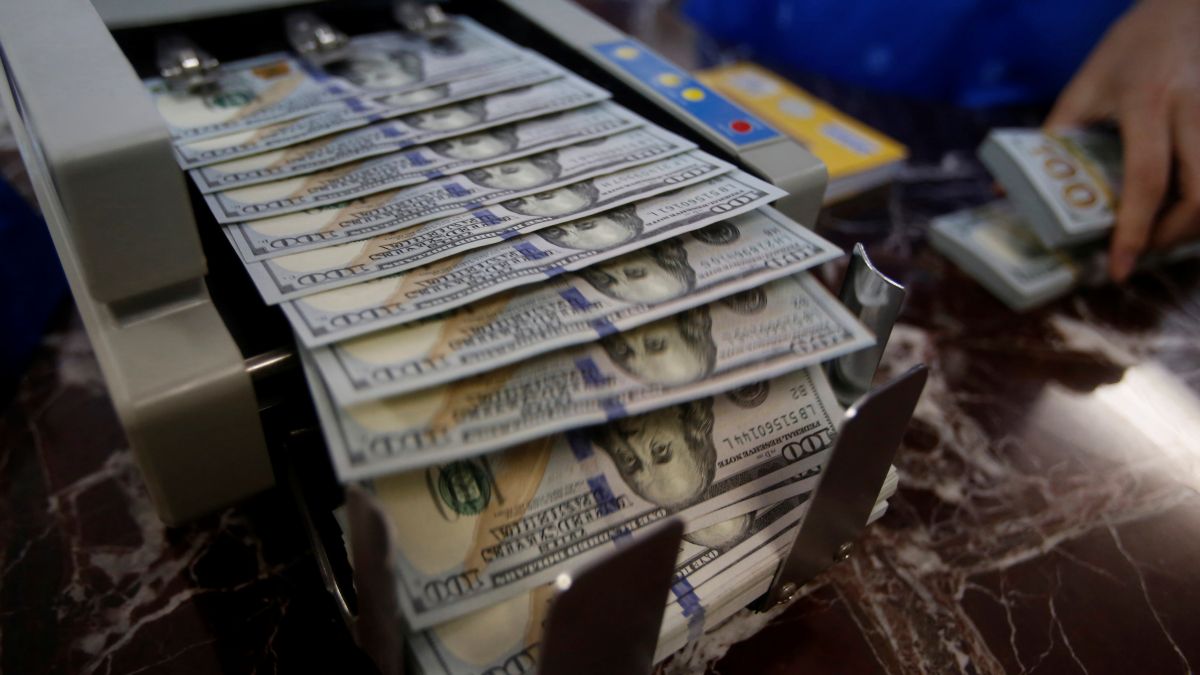The US government’s budget deficit increased over the previous year from October to June as expenditure increased, while customs taxes reached a new high following President Donald Trump’s broad tariffs on imports.
The Treasury Department reported on Friday that the budget shortfall increased by $64 billion to $1.3 trillion in the first nine months of the fiscal year.
This occurred when increasing expenditures outpaced receipts, with higher spending observed in sectors such as Medicare, the government’s health care program for seniors, and Medicaid, the federal program for low-income people.
Interest on the national debt rose to a record $921 billion.
However, customs duty receipts increased from $61 billion to $113 billion, setting a new record and surpassing previous fiscal years’ levels.
In June alone, the US government received $27 billion in customs charges, an increase from $7 billion in 2024.
The increase occurred after Trump placed a 10% duty on imports from practically all trade partners in April, as well as higher rates on Chinese products, steel, aluminium, and automobiles since retaking the office.
The Trump administration has regularly used tariffs as a revenue source.
Treasury Secretary Scott Bessent indicated at a cabinet meeting this week that tariff revenue might top $300 billion by the end of the year, however experts caution that tariffs will likely affect trade flows over time.
Impact Shorts
More ShortsOverall, government receipts rose by seven percent, boosted by tax collection from individuals. This was helped by increased employment and wages, said a senior Treasury official.
But there was a slump in corporate taxes collected, which the Treasury official said was likely due to expectations of preferable expensing and deduction provisions included in Trump’s new flagship tax and spending bill.
Budget outlays jumped by six percent as a whole.
The increase in expenditures was fueled in part by higher interest payments on the public debt, as borrowing costs have been elevated.
In the latest fiscal year, interest on the public debt cost the Treasury Department $921 billion, up from $868 billion in the prior year.
Interest on the public debt has become a major government expense and in recent times, Trump has called on the independent central bank’s chair Jerome Powell to cut interest rates, saying this would help lower debt financing costs.


)

)
)
)
)
)
)
)
)



